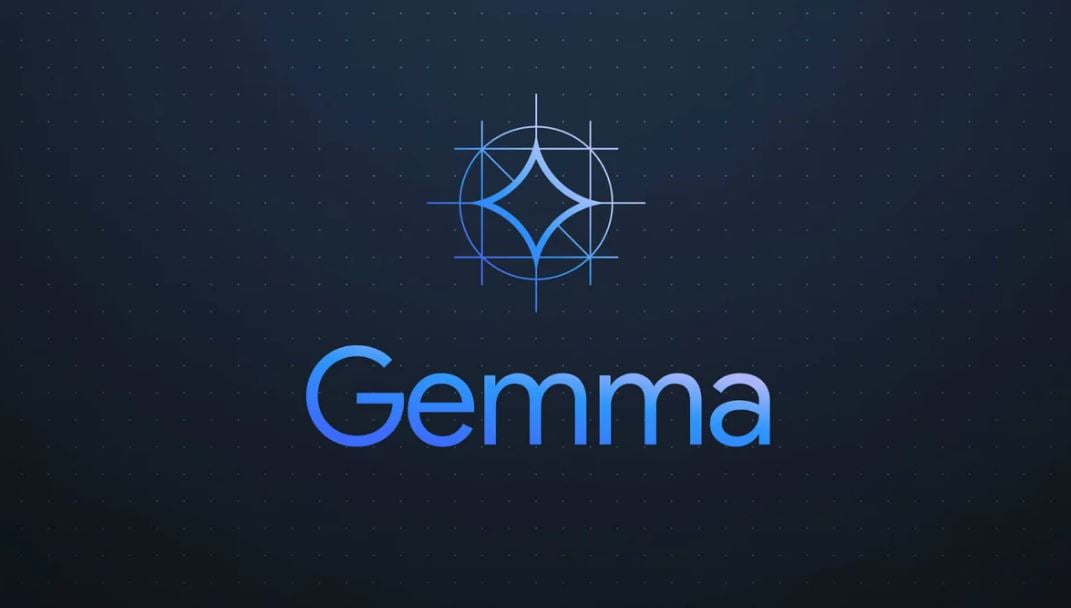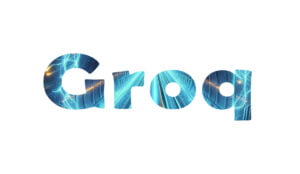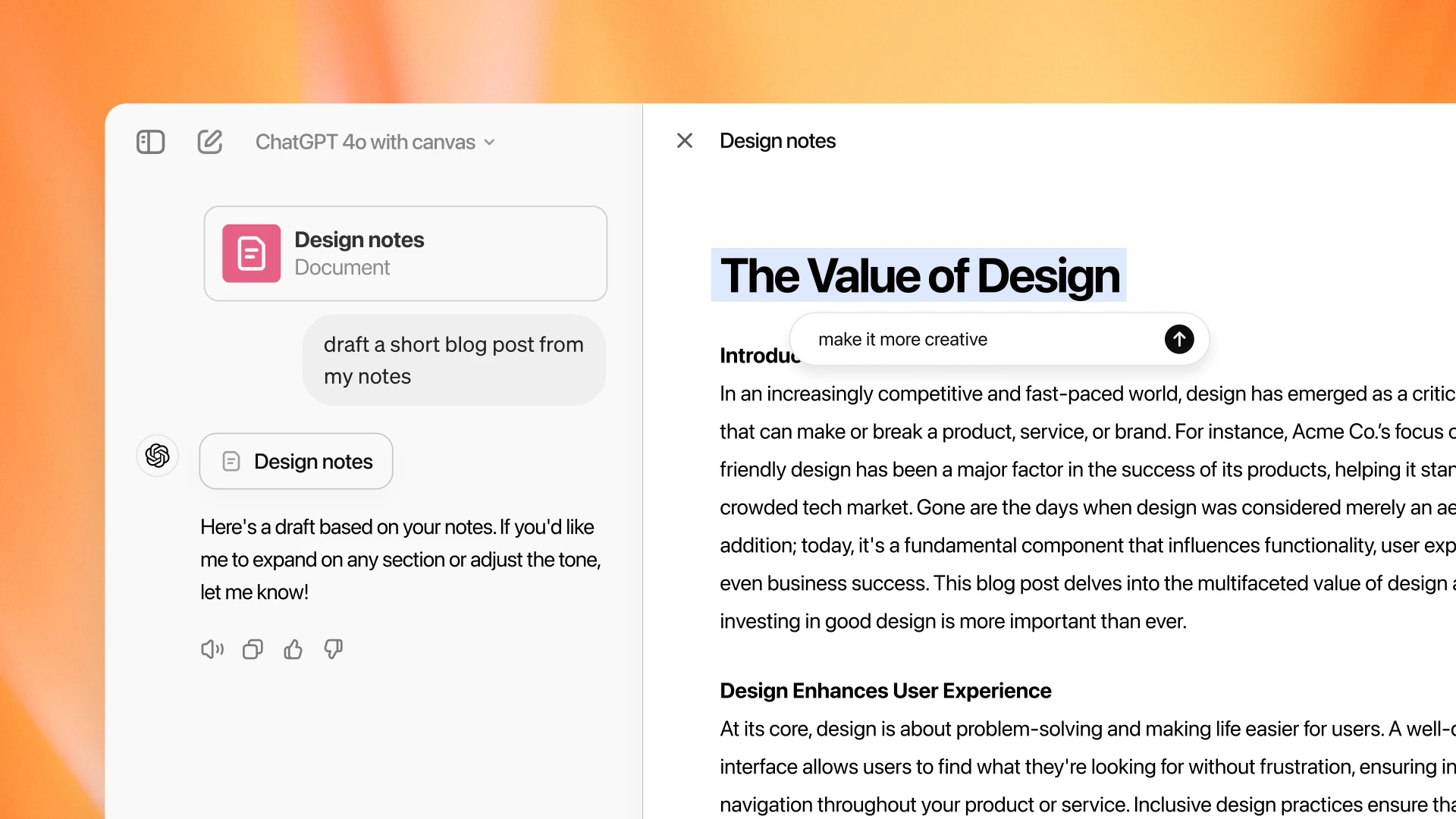Forget fancy research labs and expensive servers, Google just dropped a game-changer in the AI world called Gemma. Think of it as mini-me to their super-powered Gemini models, but with one awesome twist: it’s open-source and ready to party on your laptop.
Think of Gemma as a pocket-sized superhero. With two versions (think “mini” and “mighty”), they pack a punch on tasks like writing cool text, translating languages, and even answering your questions in a flash. But here’s the best part: you can run them on your laptop and probably a phone.
Key Features of Gemma
- Lightweight Architecture: Gemma models come in two sizes, 2B and 7B parameters, significantly smaller than other leading language models. This minimizes computational requirements, enabling deployment on diverse devices and facilitating widespread adoption.
- Open-Source Availability: Google’s commitment to responsible AI shines through with the open-source nature of Gemma. Anyone can experiment, contribute to its development, and build innovative applications, fostering a collaborative and transparent AI ecosystem.
- Rigorous Safety Standards: Recognizing the ethical implications of powerful language models, Google has meticulously trained Gemma with robust safety measures. This ensures responsible outputs, mitigating potential biases and harmful content generation.
Although Gemini, a substantially closed AI model, competes directly with OpenAI’s ChatGPT and boasts comparable power, the more nimble Gemma is expected to excel in smaller endeavors such as basic chatbots or summarization tasks. Even though they are compact, Google asserts that Gemma models “outperform significantly larger models on critical benchmarks” and can “operate directly on a developer’s laptop or desktop computer.” They will be accessible through platforms such as Kaggle, Hugging Face, Nvidia’s NeMo, and Google’s Vertex AI.
Gemma will also ship with “responsible AI toolkits,” as open models can be harder to place guardrails in than more closed systems like Gemini. The responsible AI toolkit will allow developers to create their own guidelines or a banned word list when deploying Gemma to their projects. It also includes a model debugging tool that lets users investigate Gemma’s behavior and correct issues.
Developers can use Gemma for free in Kaggle, and first-time Google Cloud users get $300 in credits to use the models. The company said researchers can apply for up to $500,000 in cloud credits.






